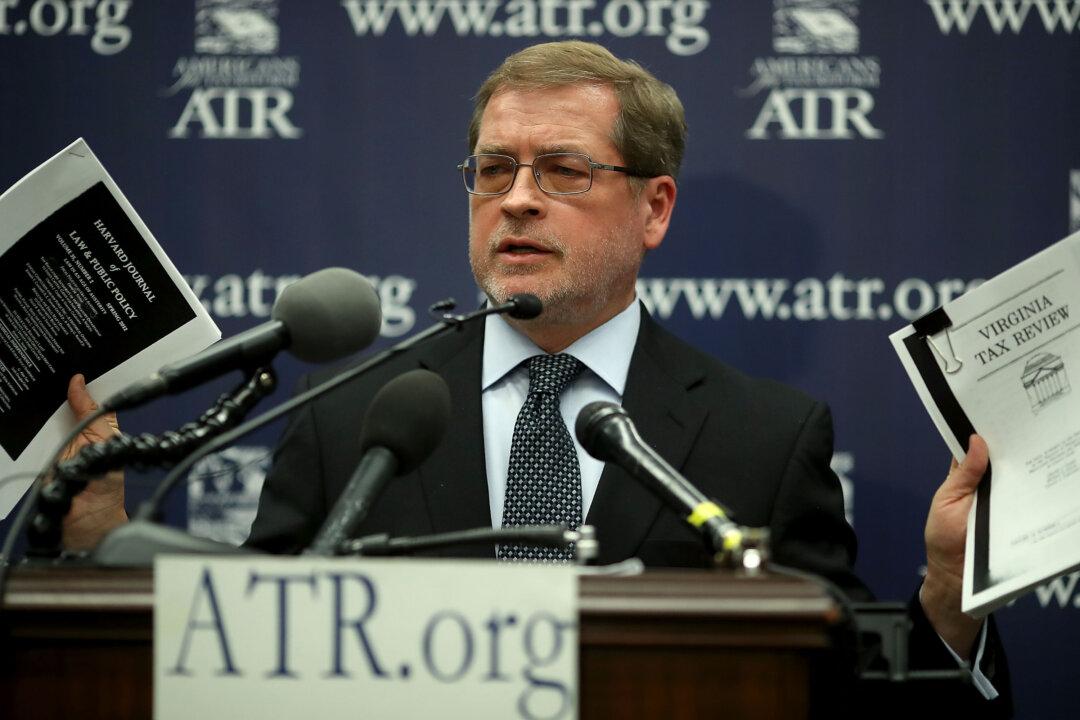The Biden administration has come under criticism for rejecting the definition of recession as two consecutive quarters of GDP declines, just ahead of the upcoming second-quarter GDP data, as economists differ on their takes regarding the economic situation.
“What is a recession? While some maintain that two consecutive quarters of falling real GDP [gross domestic product] constitute a recession, that is neither the official definition nor the way economists evaluate the state of the business cycle,” a July 21 White House statement said.





